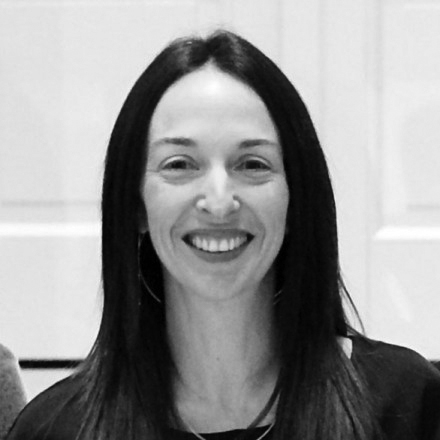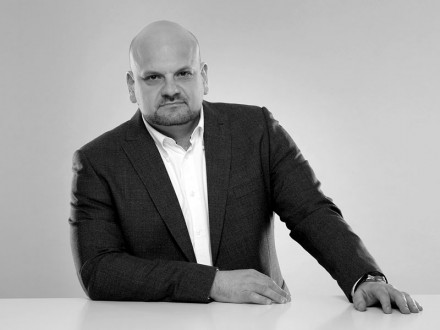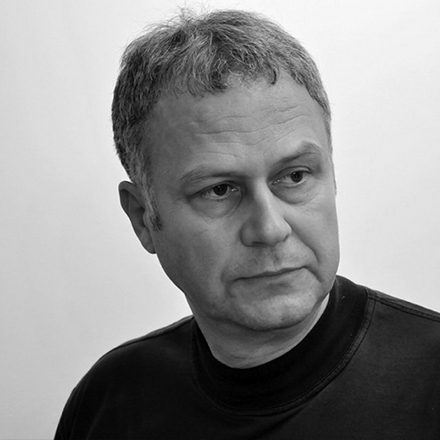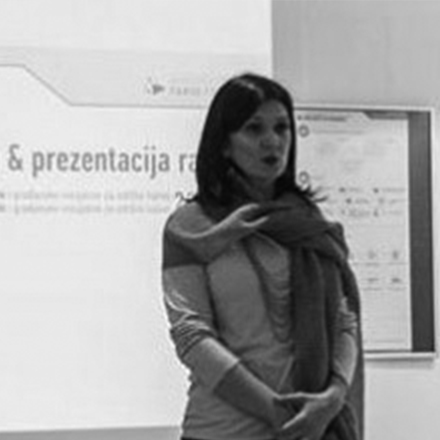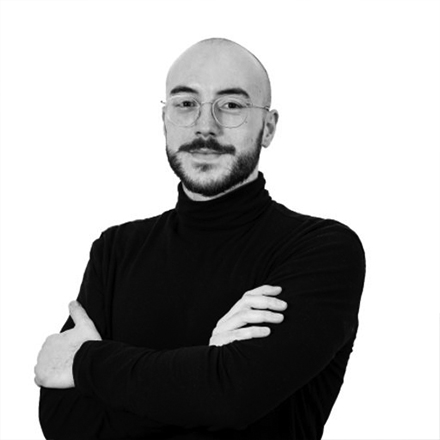Elective Courses and Experimental Pedagogy
Perspectives of Three Departments at UB-FA
The Faculty of Architecture offers a comprehensive education, including a wide range of studies and related educational activities, which enable the sharing of knowledge and development of skills required for practicing architecture and urbanism within an interdisciplinary environment. The studies offer practice-based courses that aim to prepare students for future careers in architecture and urbanism. The students are taught by academics and professional practitioners and supported to develop the practical and specialist technical, conceptual and professional skills required for future practice in a chosen subject, by getting involved and participating in studio based practice and school projects – public screenings and exhibitions off er valuable opportunities for students to engage with professional contexts and receive feedback on their work. The Faculty currently offers the following programmes: – Undergraduate study programme – Master’s Study programmes: Architecture, Integral Urbanism, Interior Architecture – Single-cycle 5-year study programme as well as specialist studies and doctoral studies. A distinctive feature of the Study Programme at the UB-FA, is based on the integrated approach to education, with equal emphasis on Architecture, Urbanism and Architectural Technology in three distinct Departments. Study programmes at the UB-FA allow the student to come up with their own course selection, thus tailoring the education to their particular needs. All three departments offer a number of elective modules, open to all students. The number of electives increases and diversifies over the course of a study programme. At the Bachelor’s level, the choice is limited, while at the Master’s level, students are given greater freedom and encouraged to attend electives from all Departments and explore specific areas according to their individual interests and aspirations. The list of topics offered through electives ranges from theoretical discourses, through applied and performing arts related themes, to those related to better understanding of the design media and building technologies. Especially, the teaching curricula for studies of sustainability and heritage, that is a thematic and challenging scope of the HERSUS project, are established within different study programs and levels of study, which very often disables logical chronology of learning and an integral consideration of the phenomenology of heritage and it’s linage to the sustainable approaches. Therefore, it is evident that a need to learn about heritage is there, different frameworks are established, but unfortunately they are scattered all over the curricula lacking an amalgam that will unite all aspects. We need a new agenda to establish a program that requires the development of extended forms of the teaching process and learning that empowers students to develop their competencies and skills further, ie. critical thinking in positioning sustainability of heritage in their own cultural milieu. In order to address the issue, within this session, three elective courses at our faculty with three different departments are presented: 1) THE USE OF HERITAGE IN CONTEMPORARY ARCHITECTURE, 2) ARCHITECTS AND CIVIC INITIATIVES FOR SUSTAINABLE DEVELOPMENT, and 3) ENERGY REHABILITATION AND CERTIFICATION OF EXISTING BUILDINGS – CASE STUDY.
